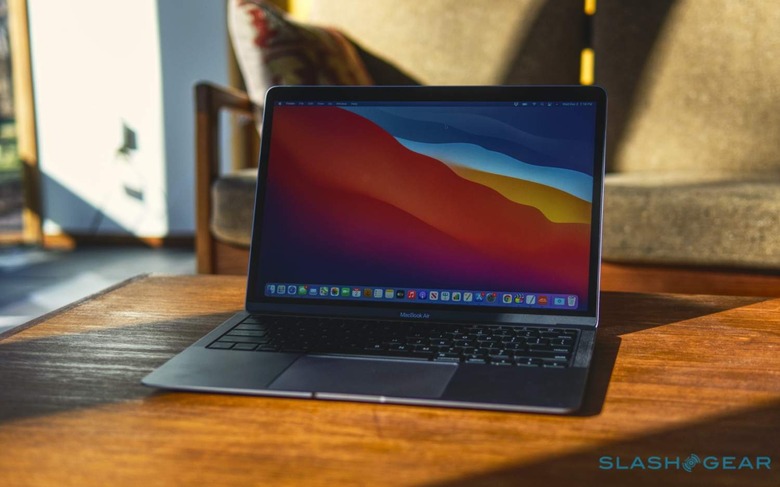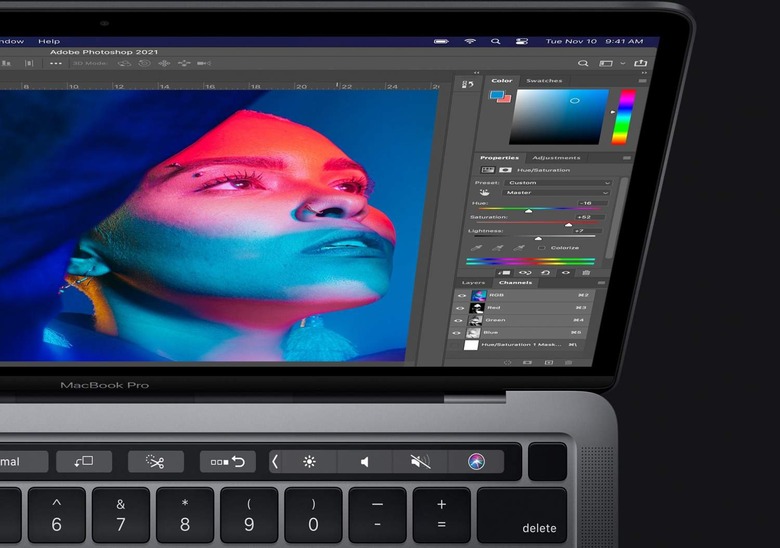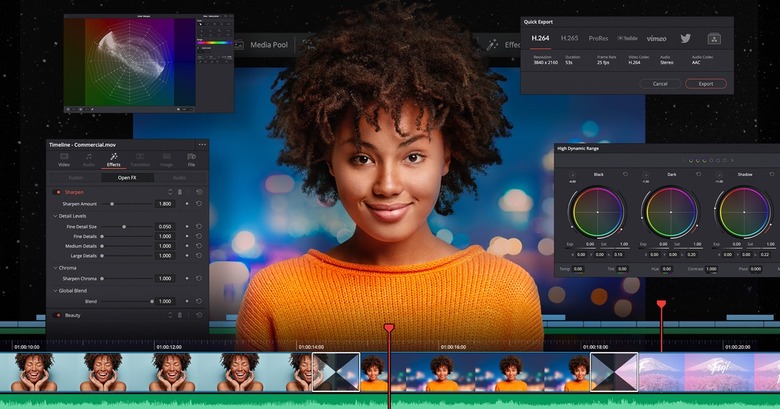Photoshop And DaVinci Resolve Go Apple M1 Native With Big Speed Boosts
Two of the most popular creator apps on Mac, Adobe Photoshop and Blackmagic DaVinci Resolve, now run natively on Apple Silicon, with new updates supporting the M1 chipset in the Cupertino firm's most recent models. The native support could mean a significant workflow boost, the developers say, tapping into Apple's custom GPUs for models like the new MacBook Air and Mac mini.
While Photoshop and DaVinci Resolve have run on those Macs so far, it's been using Rosetta 2 emulation. That's the system Apple created that allows x86 apps – used to Intel-based Macs – to run on its Arm-based Apple Silicon, like the M1.

It can be surprisingly effective in many cases, and Apple has claimed that some apps, even when running in emulation mode, can be in fact faster with Rosetta 2 on the M1 than they were running natively on Intel processors. All the same, to really maximize the efficiency and performance of the CPU and GPU cores, you need native software. That's just what Adobe and Blackmagic Design are now shipping.
Adobe Photoshop on Macs with M1
According to Adobe, there's a noticeable performance increase with the transition. "Our internal tests show that Photoshop delivers significant performance gains across the application for customers using these latest Macs," Pam Clark, VP of Photoshop product management and strategy, says of the update. In fact, on average a range of Photoshop features run at 1.5x the speed, compared to similarly-configured last-gen systems running Intel chips.

That's across basic functions, like opening and saving files, through to tuning filters and then doing some of the more system-intensive tasks such as Content-Aware Fill and Select Subject. "Our early benchmarking also shows that some operations are substantially faster with the new chip," Clark adds.
Adobe already had public beta builds of the Apple Silicon version in circulation, but this now brings the general release up to speed. Some features still need to be finalized, however: Invite to Edit Cloud Documents, Preset Syncing, and some others still aren't native to M1. If you want them, you'll need to switch back to Rosetta 2 until they get added to the official build, Adobe says.
DaVinci Resolve on Macs with M1
As for Blackmagic Design's DaVinci Resolve 17.1, that too is gaining native Apple Silicon support. There, the improvements in performance could be even more obvious: the company says that "the combination of M1, Metal processing and DaVinci Resolve 17.1 offers up to 5 times better performance when compared to previous generation Macs."
It's available to download now, as a free update to existing users.

